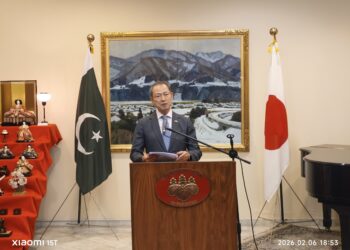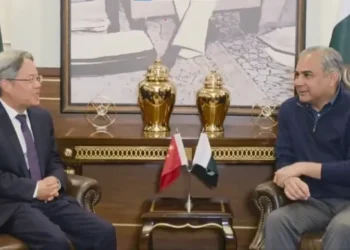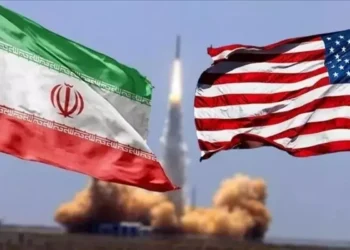ISLAMABAD; Minister of State for Law and Justice Barrister Aqeel Malik clarified on Thursday that no separate notification is required to define the army chief’s five-year tenure, as it is already established under Section 8C of the Pakistan Army Act.
Speaking to Independent Urdu, Barrister Malik explained that the existing law clearly stipulates the five-year term. “I don’t think a new notification is needed. The amendment we passed specifies that Section 8C shall be read as an integral part of the legislation, confirming the five-year tenure,” he said.
According to Section 8C, the retirement and service limits applicable to generals do not apply to the Chief of Army Staff (COAS) during his appointment, reappointment, or extension, up to a maximum age of 64 years. The COAS continues to serve as a general throughout his tenure.
In November 2024, Parliament approved six key bills, including three related to the extension of service terms for the armed forces chiefs. These were The Pakistan Army (Amendment) Bill 2024, The Pakistan Air Force (Amendment) Bill 2024, and The Pakistan Navy (Amendment) Bill 2024.
The amendments fixed the tenure of the army, air, and naval chiefs at five years instead of three, while keeping the chairman joint chiefs’ term unchanged at three years.
Responding to a question about the separation of ranks between the army chief and field marshal, Barrister Malik noted that the army chief holds a four-star rank, whereas a field marshal is a five-star position, implying distinct responsibilities and privileges.
When asked about Pakistan’s possible participation in the Gaza International Stabilisation Force, the state minister said it would be “premature” to make any definitive comment. He said foreign ministers of eight Muslim countries had met in Istanbul and any decision would be announced after consultations.
Field Marshal Asim Munir, appointed COAS on November 29, 2022, became the 17th chief of the Pakistan Army. He was promoted to the rank of field marshal earlier this year in recognition of his strategic leadership and decisive role in Pakistan’s victory during the May conflict with India.



































































